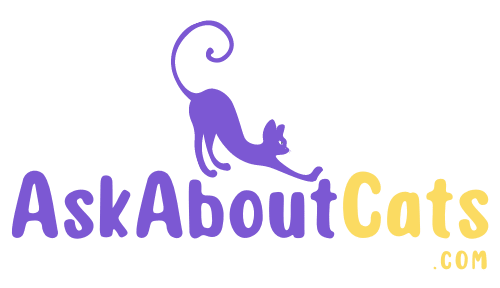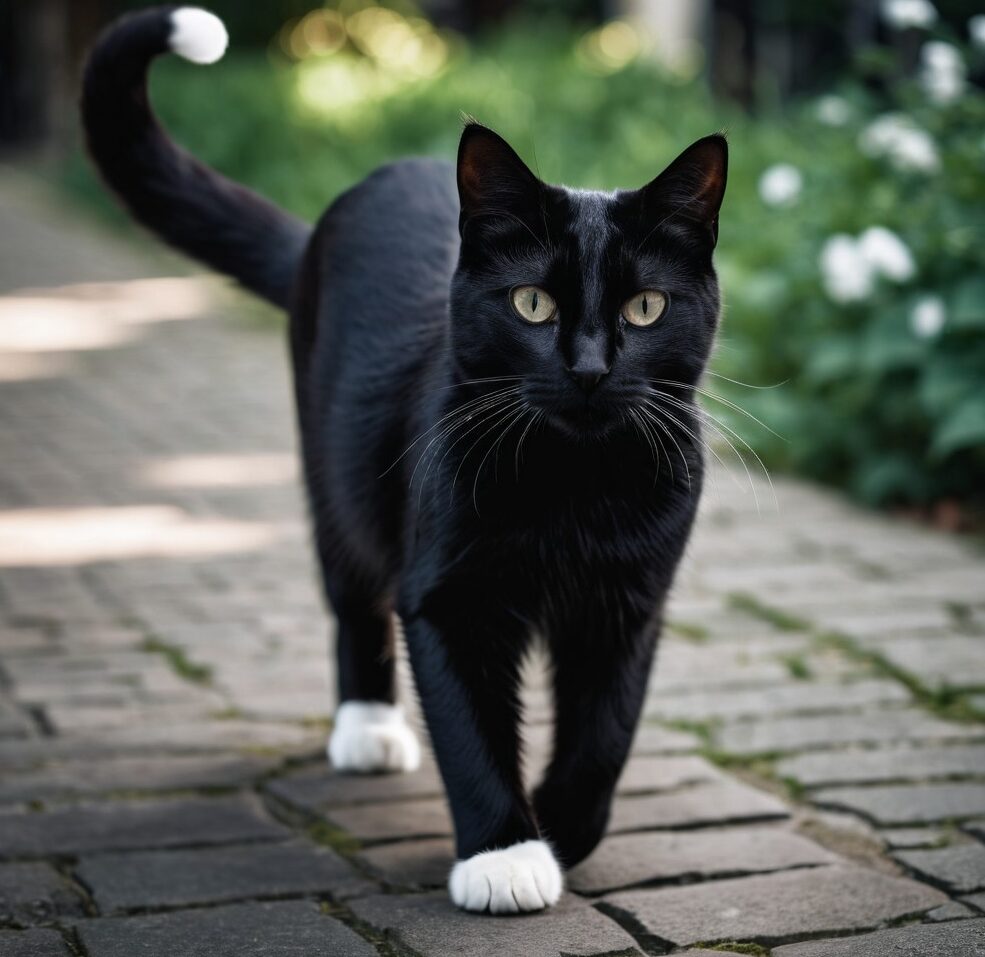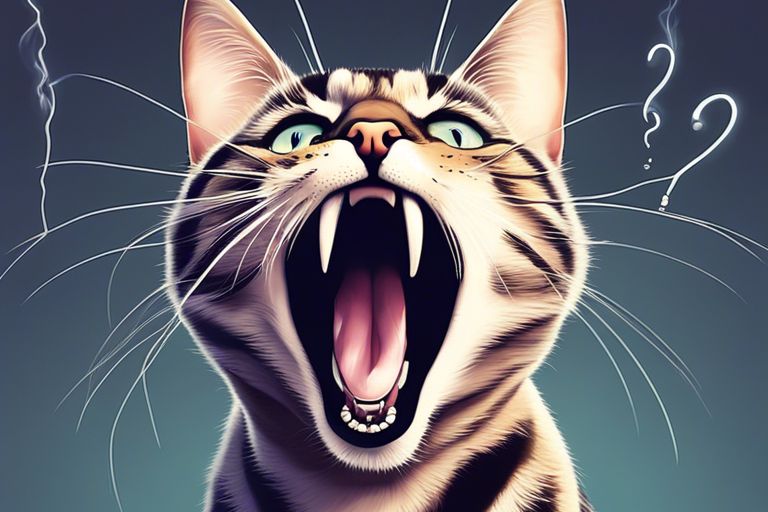Over the years, the majestic Maine Coon cat has captivated the hearts of cat enthusiasts worldwide with its stunning appearance and charming personality. In this comprehensive guide, we will research into the fascinating world of the Maine Coon breed, covering everything from their unique physical features to their quirky behaviors. Whether you are a seasoned Maine Coon owner or considering bringing one of these lovable giants into your home, this guide will provide you with all the information you need to fully understand and appreciate this extraordinary feline companion.
Understanding Maine Coon Cat Types
While exploring the world of Maine Coon cats, it’s important to understand the various types within this majestic breed. Maine Coon cats come in a range of types that exhibit specific characteristics and traits. By familiarizing yourself with these types, you can better appreciate the diversity and beauty of this breed.
| 1. Polydactyl | 5. Solid |
| 2. Tabby | 6. Bicolor |
| 3. Tortoiseshell | 7. Calico |
| 4. Smoke | 8. Van |
- Maine Coon cats come in various types, each with its unique characteristics and traits.
- Recognizing the different types can help you better understand this majestic breed.
- Understanding Maine Coon cat types is important for cat lovers and breed enthusiasts.
Standards and Variations
Types of Maine Coon cats vary in appearance, from polydactyl to solid, each showcasing distinct features that contribute to the breed’s charm. Understanding the standards and variations within Maine Coon types can provide valuable insights into their genetic makeup and physical attributes. By identifying these differences, you can appreciate the diversity and beauty of this beloved breed.
Recognizing Different Colors and Patterns
Understanding the various colors and patterns found in Maine Coon cats is crucial for breed enthusiasts and owners. Coon cats can display a wide range of hues, including tabby, tortoiseshell, and calico. Recognizing these different colors and patterns adds to the allure of the Maine Coon breed, showcasing their unique beauty and individuality.
Caring for Your Maine Coon
Step-by-Step Grooming Guide
If you are a proud owner of a Maine Coon, grooming is an imperative aspect of caring for your majestic feline companion. To help you maintain your Maine Coon’s luxurious coat and overall health, follow this step-by-step grooming guide:
| Step | Description |
| 1 | Brush your Maine Coon’s coat at least once a week to prevent matting and remove loose fur. |
| 2 | Trim your cat’s nails regularly to avoid overgrowth and potential discomfort. |
| 3 | Clean your Maine Coon’s ears gently with a veterinarian-approved ear cleaner. |
| 4 | Monitor your cat’s dental health by brushing their teeth or providing dental treats. |
Nutrition and Diet Tips for Maine Coon Health
With their large size and active nature, Maine Coons have specific dietary requirements to keep them healthy and happy. Here are some nutrition and diet tips to consider for your beloved Maine Coon:
- Provide a high-quality, protein-rich diet to support your Maine Coon’s muscular build and energy levels.
- Offer a mix of wet and dry food to ensure proper hydration and dental health benefits.
Maine Coons are prone to obesity, so it’s imperative to monitor their food intake and exercise levels carefully. Any sudden changes in weight should be addressed with your veterinarian promptly to prevent health issues.
The Pros and Cons of Owning a Maine Coon
| Pros | Cons |
| Large, affectionate, and social breed | Potential health issues such as hip dysplasia and heart problems |
| Intelligent and trainable | High grooming needs due to their long, thick fur |
| Good with children and other pets | Significant shedding, especially during seasonal changes |
| Playful and energetic but also can be calm and relaxed | Requires a lot of space due to their size and activity level |
| Loyal and devoted to their human family | May exhibit hunting behaviors towards small animals |
Factors to Consider Before Adoption
- Maine Coons require regular grooming to prevent matting and tangles.
- They can be expensive to care for due to their size and dietary needs.
- Consider the time commitment needed for play and exercise with this active breed.
While Maine Coons make wonderful companions, it is imperative to consider these factors before bringing one into your home. After all, proper care and attention are crucial for the health and happiness of your feline friend.
The Benefits and Challenges of Maine Coon Ownership
With their friendly and sociable nature, Maine Coons make excellent family pets. However, their grooming requirements and potential health issues should not be overlooked. Coon owners should be prepared to invest time and resources into caring for these majestic cats.
Training and Socializing Your Maine Coon
Basic Training Tips for Your Maine Coon
Despite their independent nature, Maine Coons are intelligent and can be trained with the right approach. To ensure a well-behaved companion, start training your Maine Coon early on. Use positive reinforcement techniques such as treats and praise to encourage good behavior. Consistency is key when teaching commands and boundaries to your cat. The Maine Coon responds well to training when it’s engaging and rewarding.
- Start training early to establish a routine.
- Be patient and keep training sessions short and positive.
- Use treats and affection as rewards for good behavior.
- Reinforce desired behaviors consistently to avoid confusion.
The bond you create during training will strengthen your relationship with your Maine Coon and make for a more harmonious household.
Socialization Strategies and Techniques
Training your Maine Coon isn’t just about teaching commands; it’s also about socializing them to ensure they are comfortable in various situations and environments. Coons thrive on interaction and companionship, so exposing them to different people, pets, and experiences from a young age is crucial. A well-socialized Maine Coon is more likely to be confident, friendly, and adaptable in new situations.
Coon owners should prioritize positive interactions with their cat to build trust and strengthen their bond. Regular playtime and gentle handling will help your Maine Coon feel secure and content around you and others.
Health and Wellness
Common Health Issues and Prevention
After bringing a Maine Coon into your home, it is vital to be aware of the common health issues that this breed may face. Some of the most common health concerns for Maine Coons include hypertrophic cardiomyopathy, hip dysplasia, and spinal muscular atrophy. To prevent these issues, ensure your Maine Coon maintains a healthy diet, receives regular exercise, and visits the veterinarian for routine check-ups.
Regular Check-Ups and Vaccination Schedule
Even though Maine Coons are known to be a healthy breed, it is important to schedule regular check-ups with your veterinarian to monitor their overall health and catch any potential issues early on. Your vet can also provide guidance on a suitable vaccination schedule for your Maine Coon, ensuring they are protected against common feline diseases and illnesses.
Schedule annual check-ups to track your Maine Coon’s growth and development, as well as to address any concerns you may have about their health. Vaccinations should be administered as recommended by your veterinarian to maintain your cat’s immunity and prevent any preventable diseases.
To wrap up
Considering all points discussed in this guide, it is evident that the Maine Coon cat breed is truly a remarkable and unique feline. Known for their friendly and sociable nature, intelligence, and striking physical characteristics, Maine Coons make wonderful companions for individuals and families alike. With proper care, attention, and affection, these gentle giants can thrive in a variety of environments and bring joy to those fortunate enough to welcome them into their homes. Whether you are considering adding a Maine Coon to your family or are simply curious about this captivating breed, this guide has provided a comprehensive overview of all things Maine Coon. With their fascinating history, distinct characteristics, and charming personalities, it is no wonder why Maine Coons hold a special place in the hearts of cat lovers around the world.
FAQ
Q: What is the Maine Coon cat breed known for?
A: The Maine Coon cat breed is known for its large size, friendly personality, and tufted ears. They are one of the oldest natural breeds in North America and are often referred to as the “gentle giants” of the cat world.
Q: How should I care for a Maine Coon cat’s coat?
A: Maine Coon cats have a thick, water-repellent coat that requires regular grooming to prevent matting. It is recommended to brush their coat at least a few times a week, paying extra attention to the undercoat where tangles can form. Additionally, providing a balanced diet rich in necessary fatty acids can help maintain a healthy coat.
Q: Are Maine Coon cats prone to any health issues?
A: While Maine Coon cats are generally healthy and hardy, they are prone to certain health issues such as hip dysplasia, hypertrophic cardiomyopathy (a heart condition), and spinal muscular atrophy. Regular veterinary check-ups, a nutritious diet, and plenty of exercises can help prevent or manage these health concerns.



